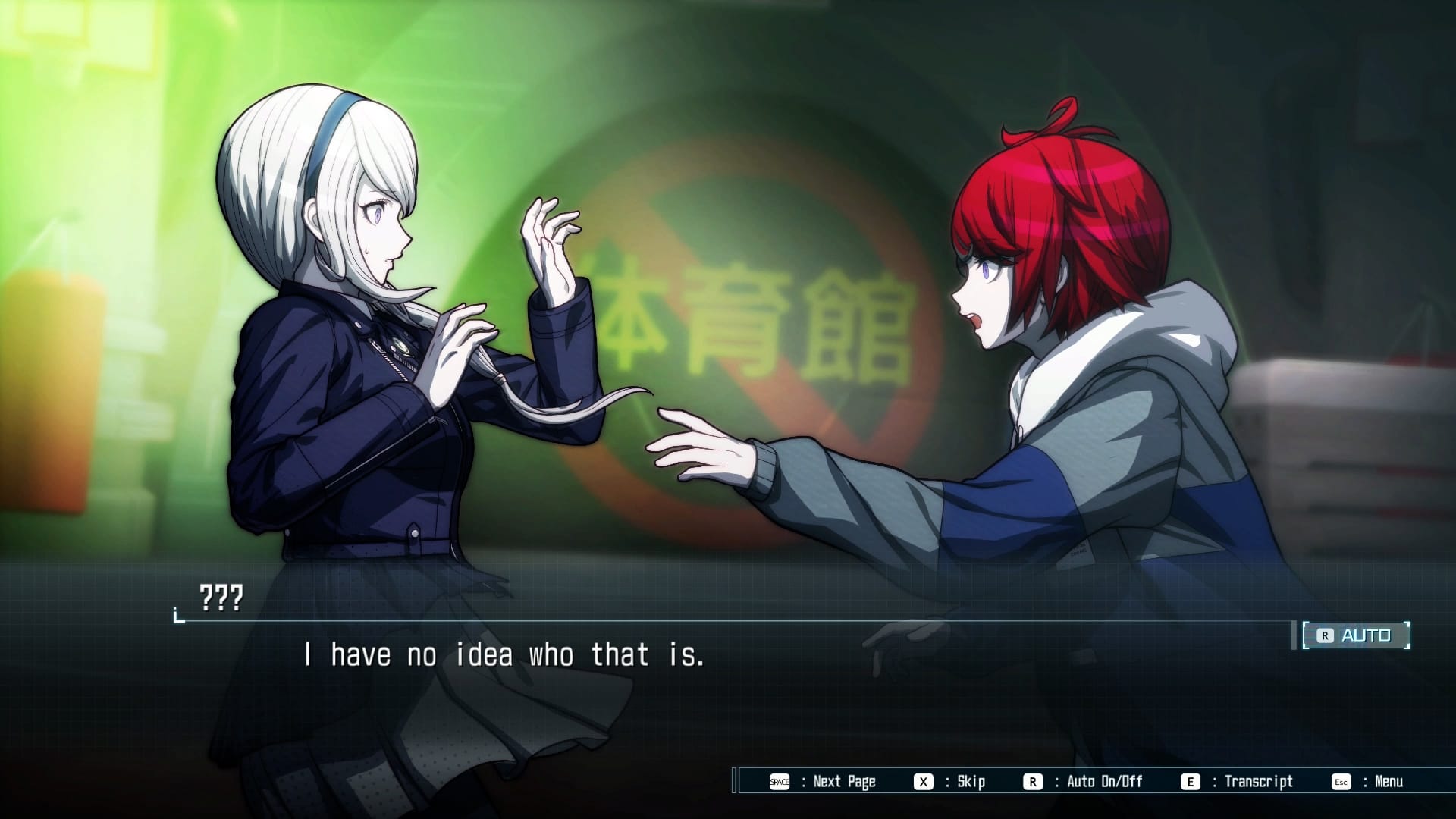Signs of life in games of death
Sometimes you dig into something long enough that you finally discover the reason it was worth looking at in the first place

Put it on my tombstone: I swear I had a good reason for playing that video game.
Gaming is not a hobby I share with many people in my offline life, and among the friends that do, my tastes are rangy and offbeat enough that I don't have much overlap with any one person. It's fine! Fun, even. But it does mean I have a lot of explaining to do, should my partner, blessedly unaware of concepts like "materia" or "the la-li-lu-le-lo," decide to walk in the room at an inopportune time.
Playing The Hundred Line: Last Defense Academy would be one such time. A garish, abrasive thing, Hundred Line doesn’t just expect you to be familiar with games of its type, but actively works to repel you if you are not. It's about a bunch of teenagers that are abducted and coerced into waging a hundred-day war against mysterious "invaders", with powers they unlock by plunging a magic blade into their chest. It is full of dirty jokes and obnoxious tropes and embarrassing, sexual-sounding gesticulations that accompany every other line (I have fielded several complaints about this part specifically). There are 100 endings in the game; I don't expect to see them all.
I asked a friend if he knew anything about Hundred Line, and after a quick Google he very politely asked (I’m paraphrasing) what the fuck it is I see in this game. I understand why he would feel that way; the game is a bundle of dire content warnings wrapped in an assortment of thinly-veiled kinks. The Hundred Line does not set itself up for success, as far as first impressions go. Yet I trust it implicitly, because I have developed a nigh-parasocial interest in Kazutaka Kodaka, co-director and primary writer of The Hundred Line, and a designer who has upended my whole idea of what makes a game worthwhile.


